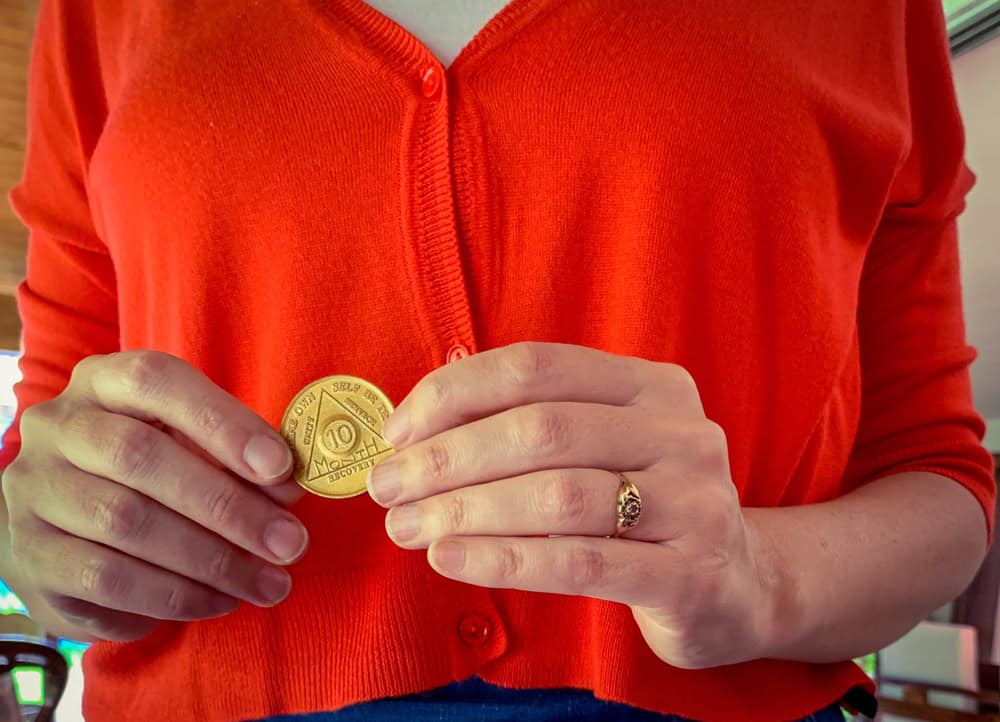Redefining Success: Celebrating Milestones in Recovery
Recovery is a journey and a tough one at that. A quick look at the numbers and you realize the magnitude of the challenge. According to the NIDA, about 40 to 60% of people who’ve gone through addiction treatment will relapse within the first year. That’s why you should be celebrating milestones in your journey of recovery, whether they're big, or small. Each step forward, every day of progress, is a win that deserves recognition.
Why Celebrating Milestones in Substance Abuse Recovery is Important
When you're on the journey of recovery from substance abuse, every little bit of progress is significant and worthy of celebration. Understanding and appreciating both the big and small victories along the way can boost your morale and help keep you motivated to maintain your sobriety.
Let’s explore how you can recognize and celebrate these milestones, which pave the path toward a fulfilling life beyond addiction.
Small Milestones
We live in a fast-paced world where the demand for massive changes can overshadow the small efforts we make every day. Yet, in recovery, it’s the small things that count. They might seem minor in the grand scheme of things, but they are vital in helping you stay focused in achieving your long-term goals.

Daily Routines
It’s easy to overlook this, but managing daily tasks like getting out of bed on time, eating a healthy meal, or maintaining personal hygiene are important. These might seem small, but they form the foundation of a stable, healthy lifestyle. When you accomplish these tasks, you're taking control of your day rather than letting your circumstances control you.
Handling Emotions
Not getting upset in stressful situations, even at something as mundane as being stuck in traffic, is another small yet crucial victory. It shows you're developing resilience and better coping mechanisms, replacing old habits that might have led you back to substance use.
Positive Social Interactions
Having a pleasant conversation or spending time with a friend without feeling the urge to use substances can be a huge step forward. It means you're learning to find joy and support in relationships without relying on substances.
Larger Milestones
When you do the small things consistently over time, they build up to form larger milestones that significantly impact your recovery journey. Larger milestones include:
Sobriety Anniversaries
Most people celebrate yearly anniversaries, but you don’t have to wait a year to count it as a success. It’s the days, weeks, or even the months of being sober that count. Celebrate them!
Days turn to weeks, weeks to months, and months turn into years. Each of these milestones represents a significant chunk of time during which you’ve successfully lived without relying on substances. It shows perseverance, work, and dedication, which are things you definitely should be proud of.

Completing a Treatment Program
Going through rehab is not easy. The decision to go to rehab is a huge step in itself that comes after much contemplation and struggle. While in treatment, you go through detox and a series of behavioral health treatments to arm you with the skills you’ll need to stay sober.
You learn about your strengths and weaknesses and how to manage cravings, deal with triggers, and avoid relapse. You may also go through sober living to transition back to your normal life, and it's work that deserves recognition.
Rebuilding Relationships
Recovery often means mending the bonds that were strained or broken by addiction. Each step towards rebuilding relationships with your spouse, kids, parents, and friends is a milestone that signifies your personal healing and the healing of your loved ones.
Overcoming Triggers
Successfully navigating situations that previously would have led you to substance use—like attending a social event where alcohol is served or passing by places associated with past substance use—shows tremendous growth in your recovery.
How to Celebrate Milestones in Recovery
Let’s have a look at some ways you can celebrate your recovery milestones:
Keep a Recovery Journal

Write down every success story, no matter how small. Write it down, whether it's resisting a craving, having a good day at work, or just managing to get out of bed on time. Looking back at these entries can give you a concrete sense of how far you’ve come.
Share Your Progress
Talk about your milestones with supportive friends, family members, or in a support group. Sharing your successes can strengthen your support network and encourage others who are also on the path to recovery.
Treat Yourself
Celebrate milestones by doing something special for yourself. It could be a movie night, a visit to your favorite cafe, or buying a small gift. Choose activities that feel rewarding and don't compromise your sobriety.
Create New Traditions
Mark important sobriety anniversaries with new traditions. This could be an annual gathering with loved ones, a day of reflection and relaxation, or starting a new hobby. New traditions can help you look forward to these milestones each year.
Reflect on Your Journey
Take time to think about the changes you've made and the obstacles you've overcome. Reflecting on your journey can provide a sense of accomplishment and pride that fuels further progress.
Set New Goals
Use milestones as a chance to set new goals. What do you want to achieve next in your recovery? Setting goals keeps you focused and working towards continuous improvement and personal growth.
Celebrate with Loved Ones
Inviting family and friends to celebrate your milestones can reinforce your support network. A simple dinner or gathering where you can share your experiences and successes can be incredibly affirming.

Give Thanks
Use your milestones as an opportunity to thank those who have supported you. Whether through a heartfelt letter, a phone call, or a small gift, showing gratitude can strengthen your relationships and remind you of the community behind you.
Why You Should Celebrate Milestones in Recovery
Every time you celebrate a milestone, reinforce the positive behaviors that got you there. This can be incredibly powerful. It's like giving yourself a pat on the back for doing something beneficial for your well-being. Celebrating helps solidify these behaviors as part of your new lifestyle, making you more likely to stick with them.
Second, acknowledging your achievements helps maintain your motivation. Recovery can be challenging, and having specific milestones to look forward to gives you short-term goals to aim for, keeping you focused and committed.
Lastly, celebrating your successes also strengthens your support network. Sharing your progress with friends and family increases their understanding of your journey and helps them see the tangible results of your efforts. It makes everyone feel good and reinforces the collective effort in your recovery.If you are having trouble staying sober, remember that you don't have to face these challenges alone. Reach out to us at More Than Rehab. We are here to support you every step, helping you continue on your path to recovery and a better quality of life.


